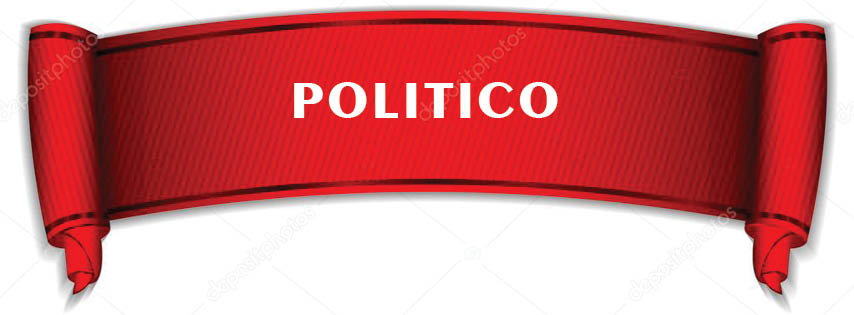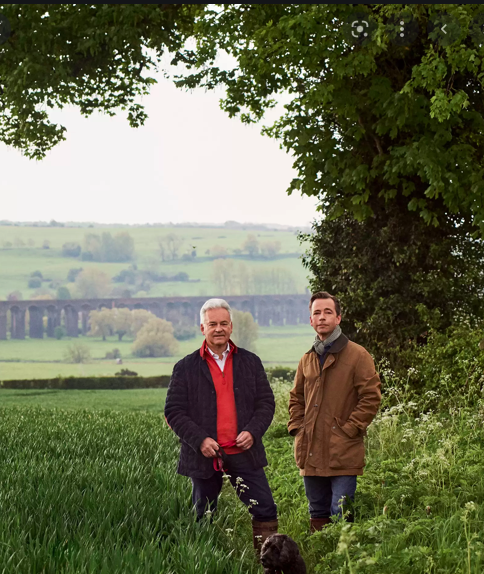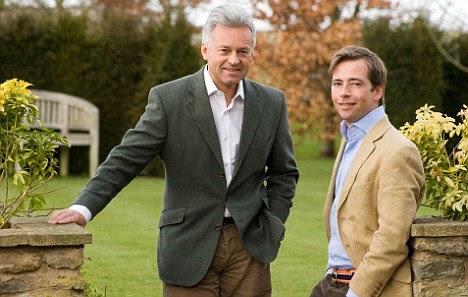
The Axis of Conservatism
He's the first conservative openly gay Member of Parliament. Contributor MATTHEW FLACKS talks with the Secretary of State at Westminster about the cut and thrust of coalitions, and why strange bedfellows often create the best alliances.

Alan Duncan via Tatler
Walking through the central lobby of the Palace of Westminster is a chastening experience – its other-worldly, intimidating, almost ghoulish space is steeped in histrionics, drama and machination. This theatre of democratic iniquity suffocates the unfamiliar onlooker with its beauteous aesthetics and suspicious inhabitants. Our representatives in parliament, the people’s delegates, ‘them’, seem ever more remote in such grandiose surroundings, appearing aloof and alien. Yet the building is not just congested with MPs – special advisors, private secretaries, research assistants and countless careerists ride on the coattails of power, bearing no resemblance to their masters on the streets outside. Like the bodies of these bright, suited colonists, lurking is de rigeur in the halls and corridors of this imposing setting.
So how would I eek out any sense and sensibility from Sir Alan Duncan, former government minister, oil trader, Oxford graduate and the first sitting Conservative MP to publicly acknowledge that he is gay? My initial written correspondence with him was indirect and stuttered, but, I must state from the outset, all my questions were answered with cordiality. Maybe not to the extent that I may have wished, but in politics, let’s face it, you can’t have it all. Politicians can’t believe everything their tribe dictates, as actors don’t believe everything they say on stage. No matter what they tell us. Speaking to Duncan, I wanted a true insight into the nature of coalition, both politically and personally.
Alan Duncan, once described as the ‘modernising force’ in his party, stood against David Cameron in the 2005 Conservative leadership election, supported the Iraq war, branded some in the Conservatives ‘the ‘Tory Taliban’ due to their conservative (small ‘c’) social views, and suggested that MPs were ‘living on rations’ during the expenses scandal in 2009 (they have a basic salary of £67,060). He is socially and economically liberal, which he explains ‘complement each other as it is down to personal freedom’ and is pro-Palestine and Euro-sceptic. I’m suspecting there may be a few contradictions in there, which I hope to find refreshing - it may, just may, suggest a free-thinking, free-wheeling politician, not quite the sectarian I was lazily expecting.
So I go in for the jugular. How did he marry his evolution from a liberal family, and his sexuality to a party historically reluctant to embrace equality for homosexuals and who introduced Section 28 (a 1987 law which prevented councils from allowing teaching which promoted the ‘acceptability of homosexual relationships)? Duncan’s reply is predictably partisan – the Conservatives now have more gay MPs than any other party and it was a Conservative Prime Minister who introduced the gay marriage bill into law. He explains that there were actually more members of the Conservative Shadow Cabinet who voted in favour of civil partnerships in 2005 than the Labour Cabinet. It is also true of course, that 136 Tory MPs voted against the equal marriage bill, more than voted in favour (127) compared to Labour’s 22 oppositions and 217 votes for the legislation. David Cameron himself has a pretty sketchy record, initially voting against a repeal of Section 28 and promoting many anti-gay marriage MPs in the government reshuffle last year. A marriage of inconvenience or someone who truly believes in the ideal of social justice?

I desperately want to be open-minded but such selective narrative and discretionary evidence often creates toxicity around politicians, and for good reason. I wonder whether the advent of coalition government in the UK has helped allay this distrust. Duncan says that coalitions are not inherently progressive or regressive but that the present administration has worked ‘remarkably well - the voters did not give any party an outright majority.’ He asserts that what the country now wants is a clear majority, but the polls are suggesting exactly the opposite. Another hung parliament looks a certainty, and the Conservatives’ marketing campaign is spreading fear of a possible deal between Labour and the Scottish Nationalists, implying this to be ‘anti-UK’. Meanwhile, the Liberal Democrats, presently in government with the Conservatives, are looking at electoral annihilation. So much for coalition. Should we laud it, or banish it?
In two-party government, I suggest it is terribly difficult to distinguish between ideology and reactionary realism. Duncan says that there is nothing reactionary about being realistic and bemoans the fact that politics has lost its ideology, suggesting that it should be ‘worn as a badge of honour’. But surely, compromise and coalition go hand in hand, and this may mean sacrificing ideological policy for pressing practicality? He posits that having a clear ideology does not mean having to sacrifice a sense of what is realistic or possible. Politics is about ideas, sure, but nothing is fixed and progression should enable a certain malleability of the mind.
Duncan came into politics at a time when ‘Britain’s direction and reputation were seriously threatened’. A thorough Conservative on issues of tax, welfare cuts and government centralisation, he accepts that as facts change, so should opinion, but his political ‘core’ remains the same as it always has. Compromise and conviction appear unhappy bedfellows in politics, whether for the individual or the collective, but if achievable, a fluid, reformist agenda may emerge.
Like the Houses of Parliament with its gothic gargoyles sneering from above, politicos can be like statues, adorning the political landscape with passive aggression. Whether successful or not, Duncan provides a portal into our modern political discourse. Coalition is in vogue and compromise can be achieved, but at what cost? The Conservatives and Labour are struggling, we’ve developed a more nationalistic electorate and the Liberal Democrats are facing a catastrophic May. How can we truly reconcile our noble imperatives? That answer will decide our moral compass for the next generation.






